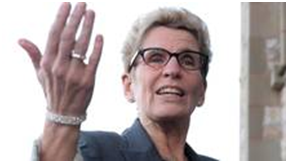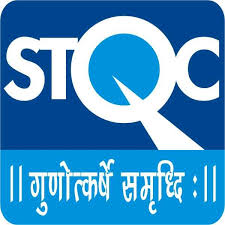Menu
- Home
- SUVIDHA
- About Us
- Bilateral Relations
-
Consular Services
-
eMigrate Registration Portal

-
Public advisory
-
Advisory on Scam Telephone Calls

-
Advisory for Indian students coming to Canada for education

-
LATEST ADVISORY ON TOURIST VISA FOR INDIA

-
ADVISORY ON IMMIGRATION INTO CANADA

-
LATEST HEALTH ADVISORY

- Warning for fake/frauds websites for e-Tourist Visa
- New Announcements
- Outsourcing of Consular Services
- CONSULAR ADVISORY ON FAKE CALLS
-
Advisory on overcharging by agents for overseas recruitment, offering fake overseas jobs and illegal recruitment

-
Advisory on Scam Telephone Calls
- General Instructions for Consular Services
- BLS Charges
- Consular jurisdiction
-
Pravasi Rishta Portal

- Attestation/ Legalization of documents
- Passport
- OCI
- Visa
- DIPLOMATIC/OFFICIAL VISA
- PCC
- Surrender Certificate
- Life Certificate
- Renewal of IDP
- Death of Indian Nationals registered with HCI Ottawa
- E-Visa
- Misc. Certificates - Ashes, Birth
- Information for Travellers to India
-
Information for Non-Residential Indians and Overseas citizen of India
-
Indian student in Canada can now register on online (Click HERE)

- Registration of birth of a Canada born child of Indian parents
- Voting Rights of Indian citizens living abroad
- Overseas Indian Facilitation Centre – OIFC
- Financial Assistance to Indian Women
- Indian Community Welfare Fund (ICWF)
-
FAQ on Marriages of Indian Women

-
Indian student in Canada can now register on online (Click HERE)
- Indian Community Welfare Fund (ICWF)
- Guidelines for applicants for registering grievance
-
eMigrate Registration Portal
- Pravasi Bharatiya
-
Commerce
-
Indian Business Portal - International Trade Hub for Indian Exporters and Foreign Buyers.

- Tourism in India
- Union Budget 2024-25 and Highlights of Economic Survey
- Business and Investment opportunities in Indian states
- Tenders
-
Public Notices

-
Trade Fairs in India

- Invest India
- Indian Economy
-
Total Bilateral Trade Country-wise

-
Indian Business Portal - International Trade Hub for Indian Exporters and Foreign Buyers.
- Media/Culture
- Education
- Government of India Links












